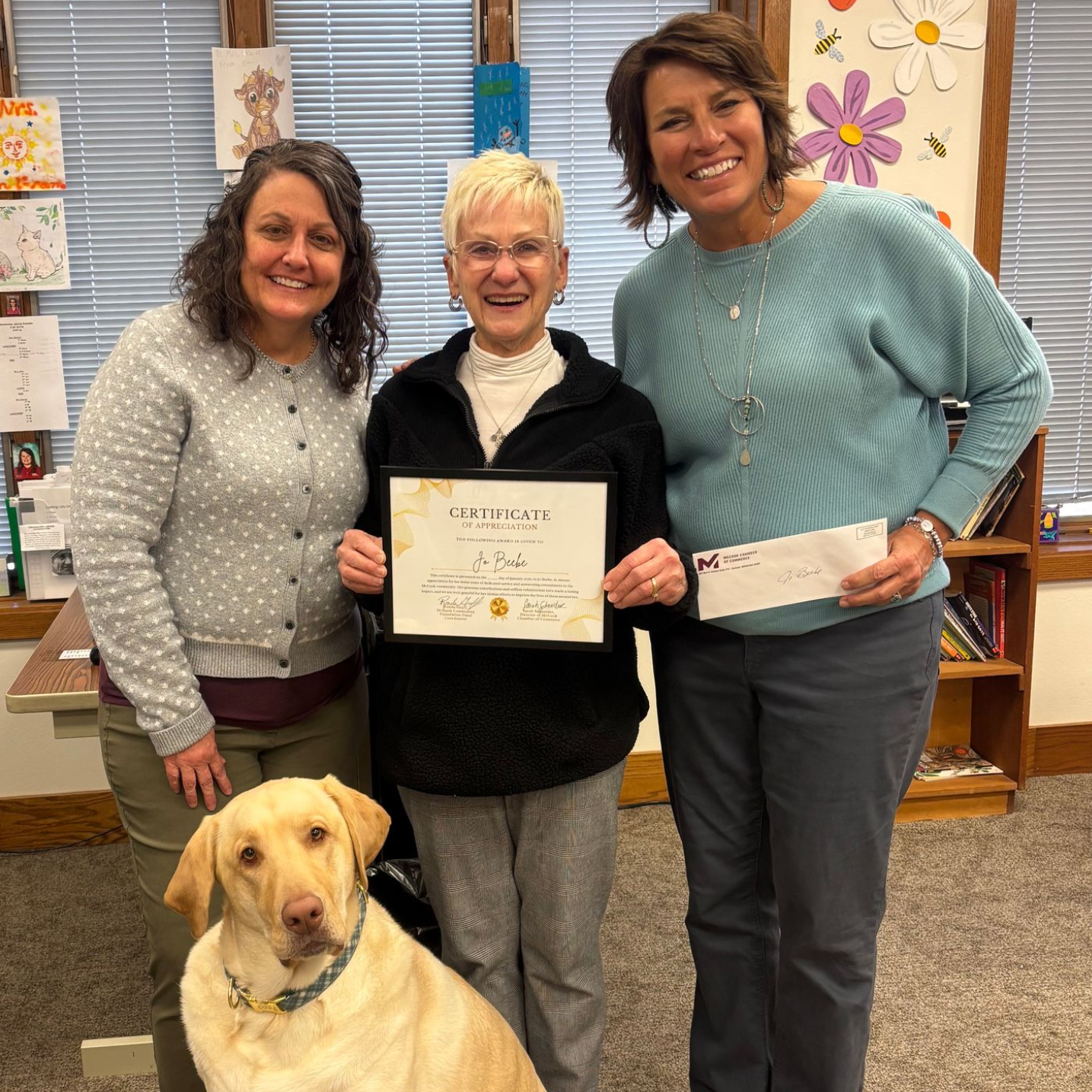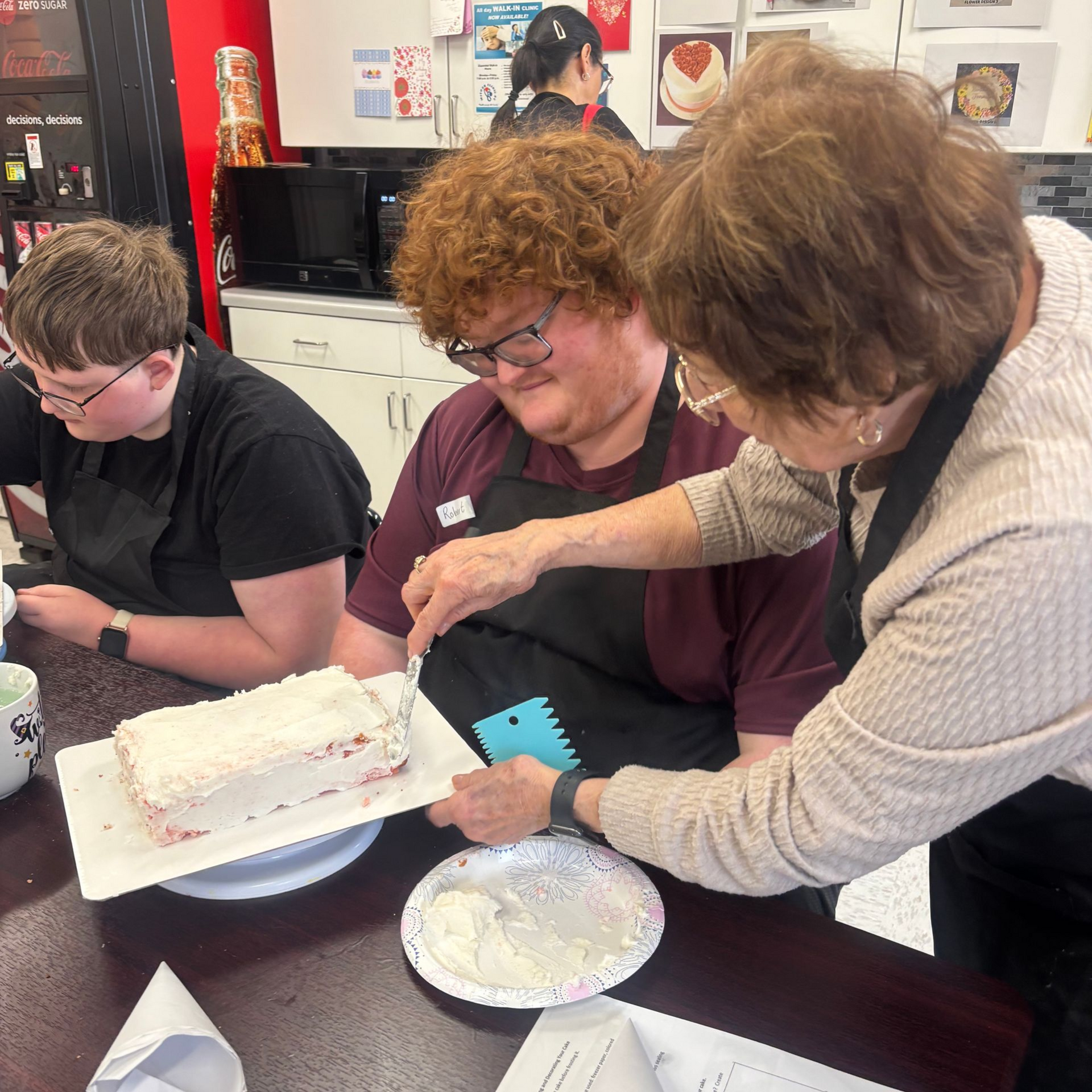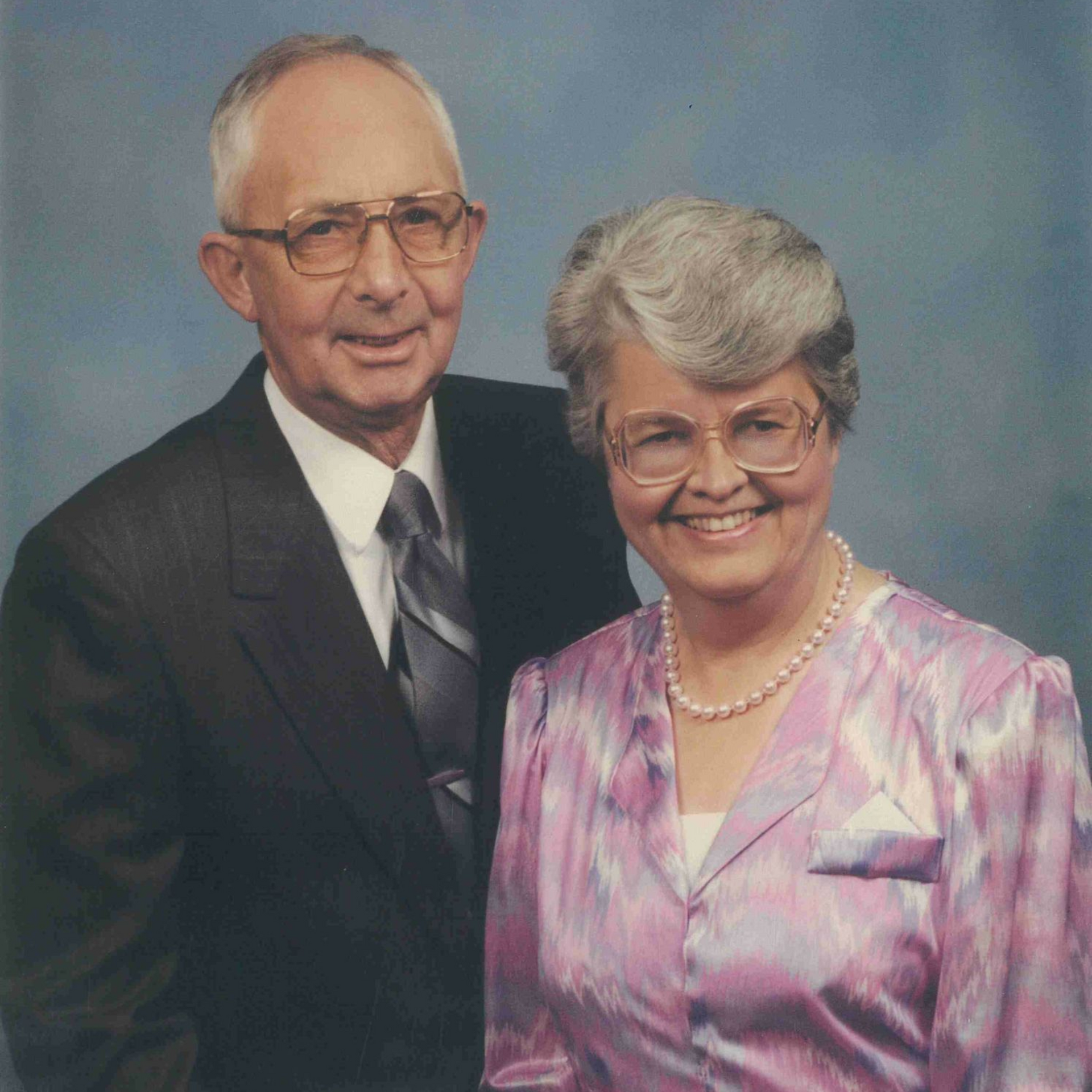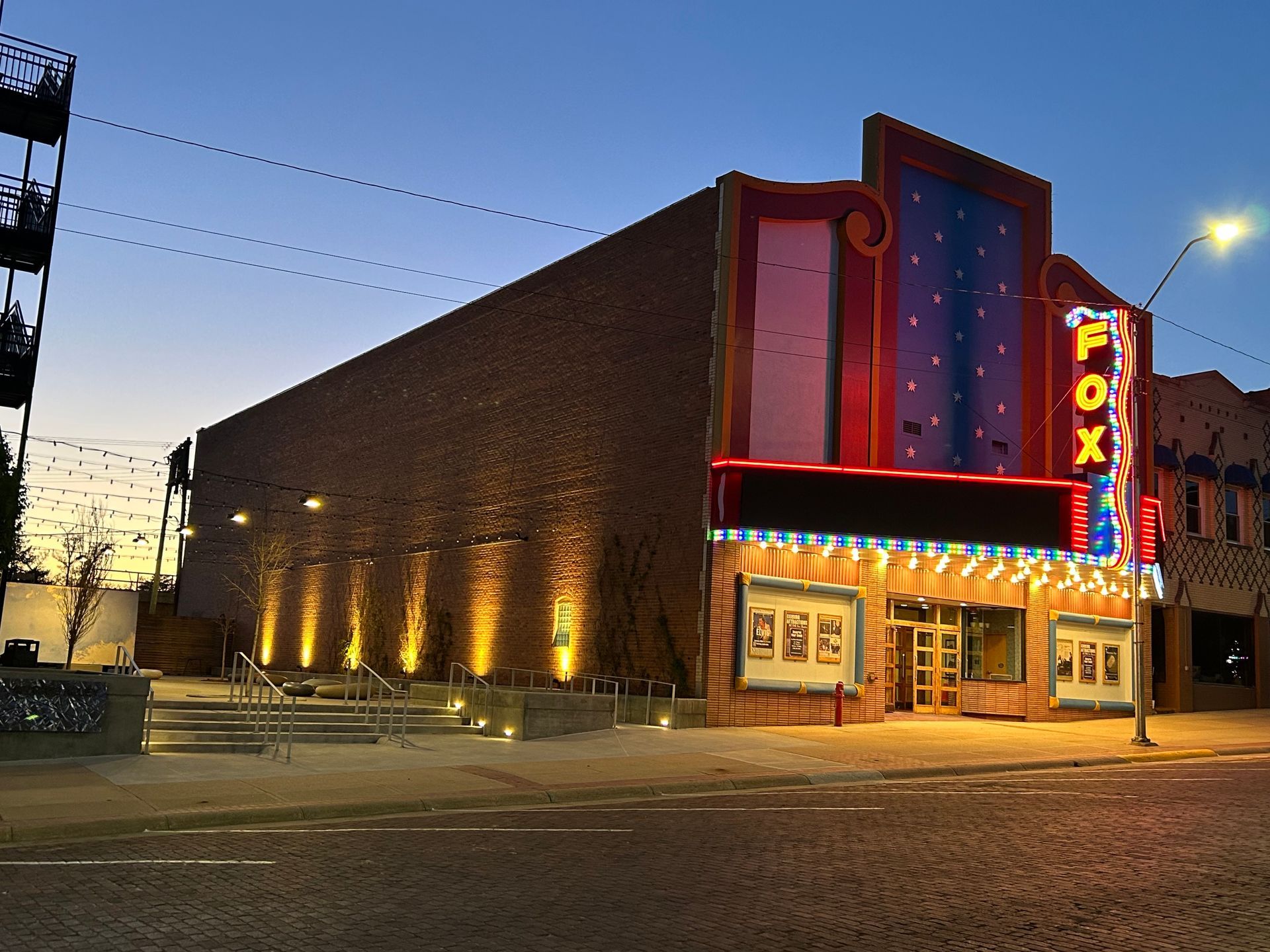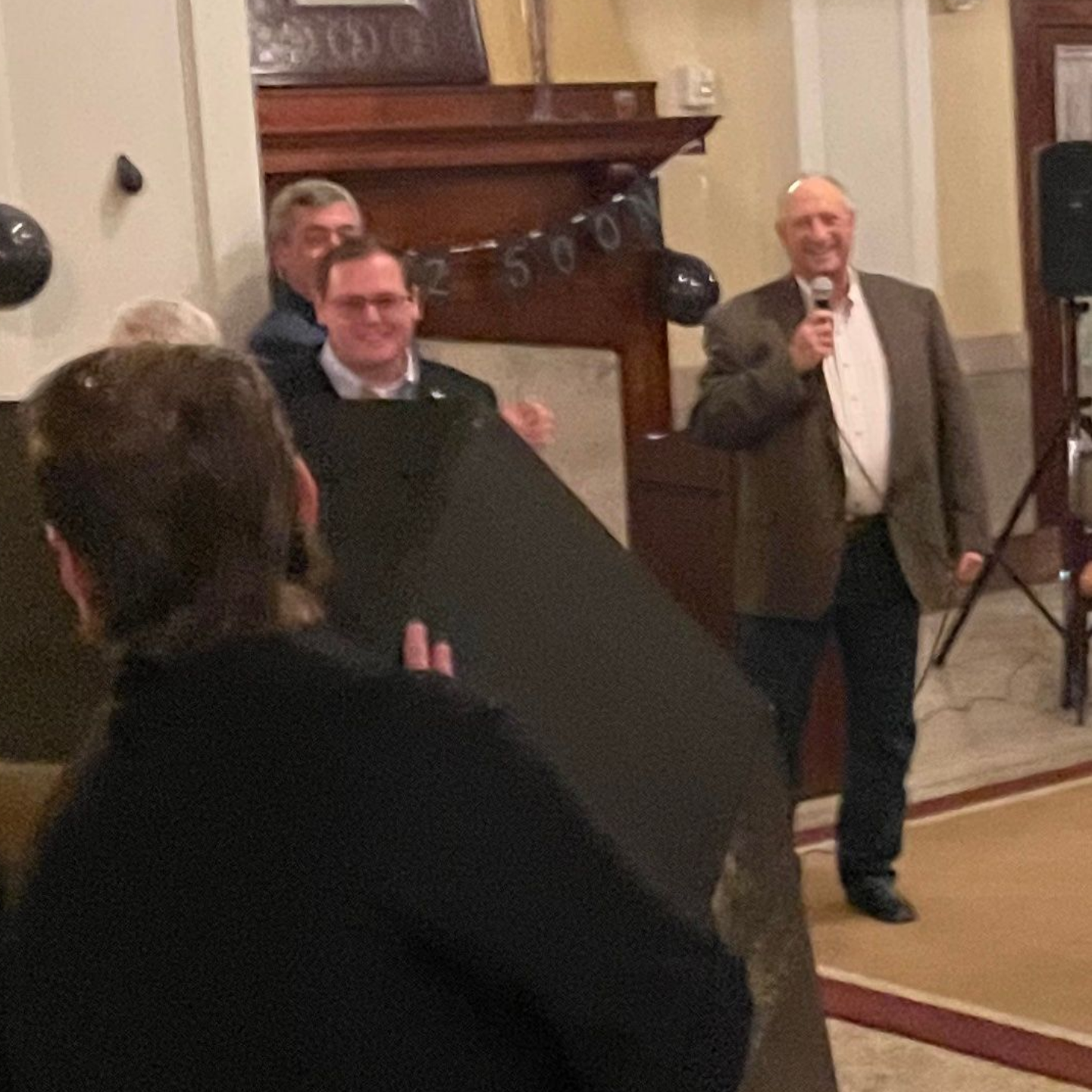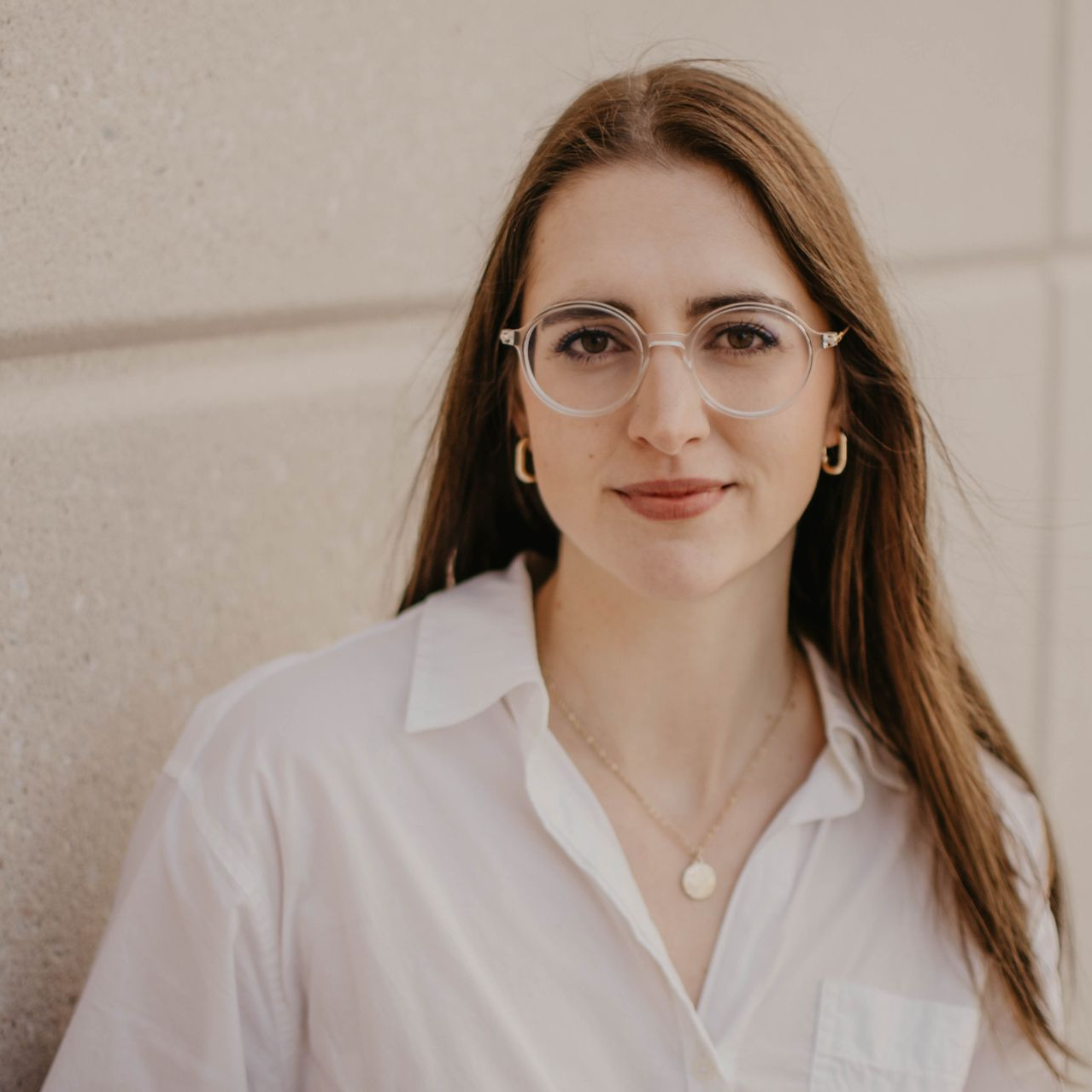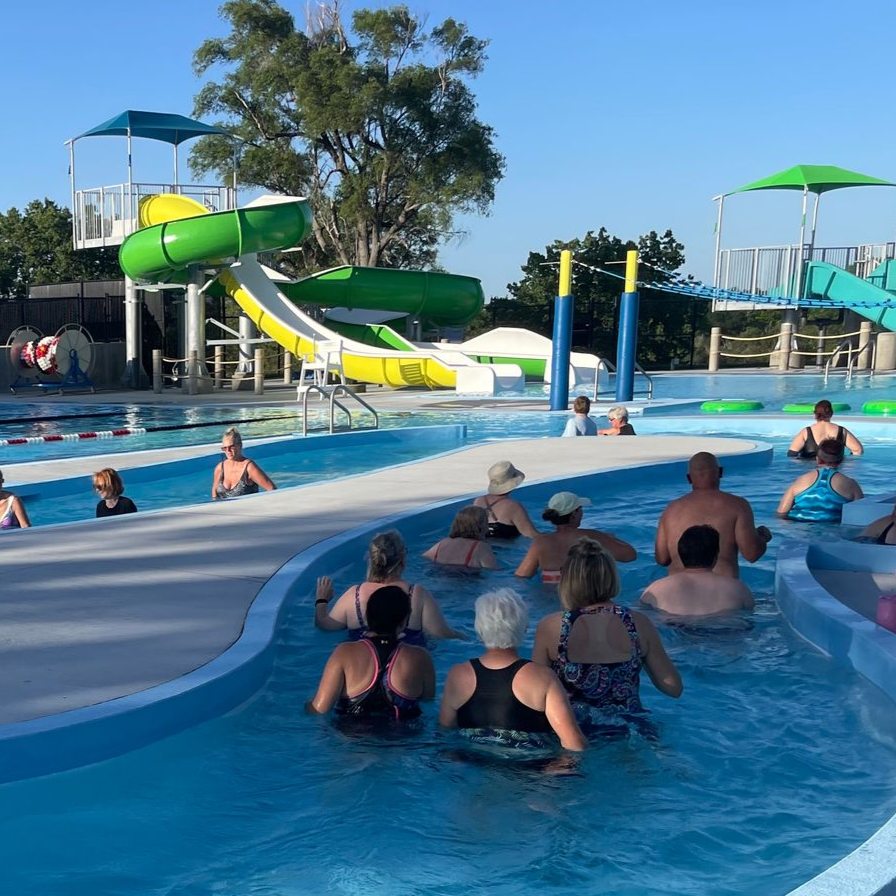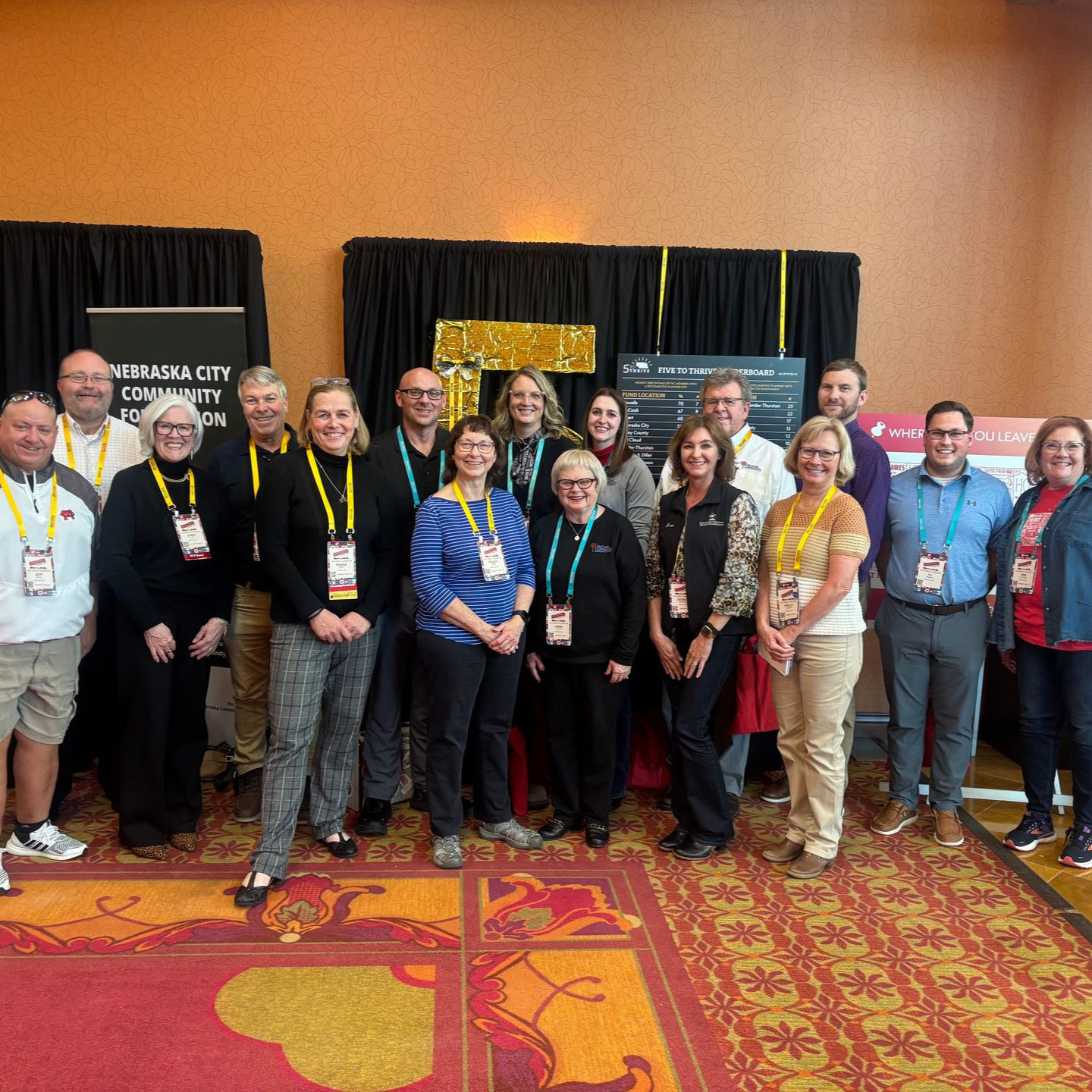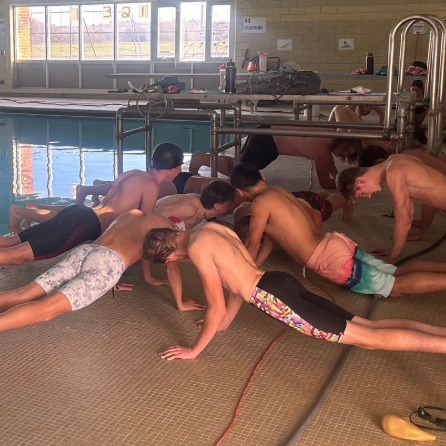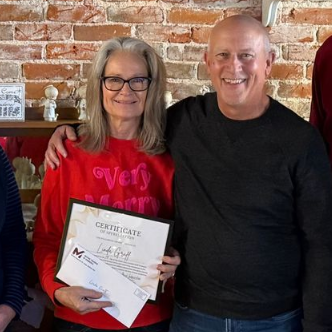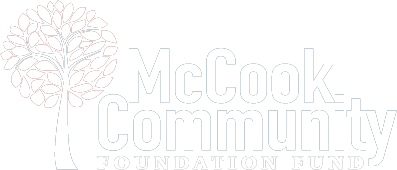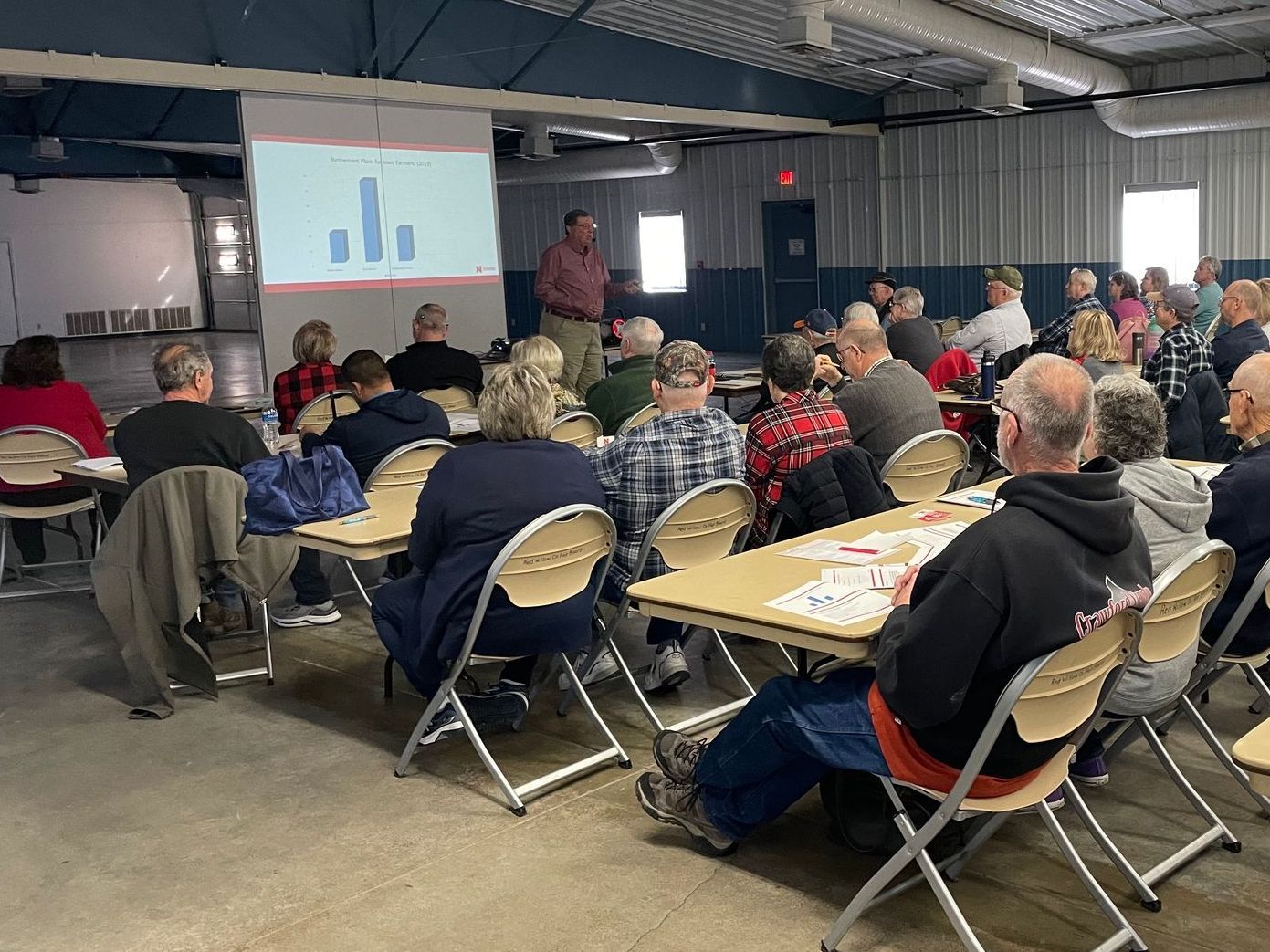
“No one avoids the pine box.”
A harsh but simple reality each and every one of us will face.
“What happens to your stuff when you are gone?”
Another reality many try to avoid, until we are forced to deal with the situation because of a traumatic event or leaving our family members to deal with it after we pass.
But none of us are making it out of this life alive and we can decide what happens to our stuff, both physical and financial, while we can. Or we don’t and someone else will make the decision of what happens to everything accumulated during a lifetime, and that someone could be a family member but most likely, the government will play a significant role.
Those statements were shared by Allan Vyhnalek, an extension educator with the Nebraska Extension during the “Will and Planned Giving Workshop” at the Red Willow County Fairgrounds earlier this week.
Hosted by the McCook Philanthropy Council, Vhynalek covered a lot of material in just two hours but touched upon business transition, especially for farm and ranch families; how and when to have those difficult conversations with family members; and to communicate, to first understand and then to be understood across several generations.
The purpose of the seminar was to motivate those in attendance to think about what will happen when - not if - we pass away. Creating a will and making an estate plan is not a simple process. There is a lot of planning that goes into making sure your wishes are met when you pass away. There needs to a lot of communication that needs to take place between yourself and your heirs. And inevitably, there will be countless meetings with lawyers, financial planners, bankers, insurance agents, CPAs and more.
The process can be overwhelming.
According to Vynhalek, the four stages of the “Circle of Inaction” are 1) I should have a plan; 2) Go to a meeting with a lawyer; 3) This is complicated. I have a headache; 4) No action is taken at this time. And the cycle just continues until you pass away.
Or there is the better alternative.
Create a plan, starting with listing all your assets and inventory, getting family input, consulting a professional to create a plan and then periodically reviewing the plan as situations change.
Another significant idea Vyhnalek shared was that many of us are afraid to do something when it comes to determining what should happen with our stuff, both the physical items and financial assets, because it will be wrong.
But doing nothing is far worse, whether it is not having a will or not having a plan. Not having a say in what happens is worse for you, for your family, for your community.
By starting the conversation early and often, you can determine what happens to your assets. You can decide how your family handles your affairs. And perhaps, you can even make an impact on your community.
One idea many in attendance likely hadn’t considered was including their community in their long-term planning. Questions all of us should ask ourselves: What is our responsibility to our community? A community which helped you grow your business. A community which was part of your children’s lives. A community which has made you and your family into the people you are.
A concept to consider is treating your community like a child, in your will or estate planning that is. If you have five children, consider making the community the recipient of a sixth of your assets. There are a lot of ways to benefit your community and this is just one way to ensure that money made in a community stays in a community. If we want rural Nebraska to grow and thrive, we need to consider supporting our communities financially after we are gone.
Most likely, everyone in attendance at the seminar left with more questions than answers but at least the conversation has started. And there were many who couldn’t attend in person but know they need to start the process. There are many great resources out there from the Nebraska Extension office and the Nebraska Community Foundation’s gift planning office to the many local financial planners, who can guide a person or family through all the steps to go from inaction to having a plan in place.
***
On a separate note, the McCook Rotary Club has resumed its Soup-R-Bowl cooking competition to benefit the McCook Food Pantry. On Friday, Feb. 10, nearly a dozen soups were available for sample at the Keystone in downtown McCook. From 11 a.m.-1 p.m., the public could visit each soup station and vote on their favorite with the free-will donations given to the McCook Pantry. Canned food donations were also accepted and taken to the Pantry as part of the Soup-R-Bowl.
Perhaps you have seen the Rotary Soup-R-Bowl signs around McCook, including MNB Bank, Pinnacle Bank, Horizon Bank, First Central Bank, Lincoln Federal, Gary’s, Dollar General, the YMCA and Anytime Fitness.
And you can make a donation to the McCook Food Pantry anytime of the year. There has been an increase in requests from the pantry so any and all donations are appreciated.
Whether it is making a donation to the less fortunate or making a plan for the future which includes a donation to the community to benefit generations to come, we are all working together to make our communities even better places to call home.
